从古诗词中走出来的现代美人
- 2021-08-30 14:31:50
- 点赞量:10942
- 点击量:153284
- 作者:秘书处Secretary's Office
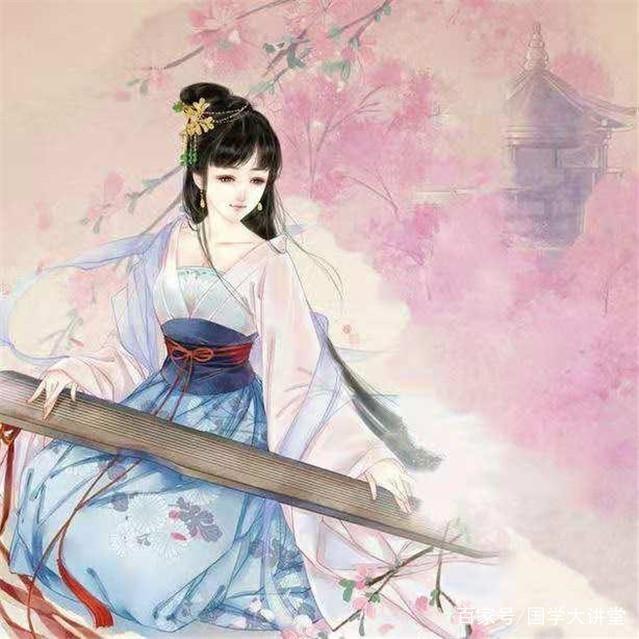
八首描写美女的经典诗词,让人回味无穷!
Eight classic poems about beautiful women give people endless aftertaste!
清平调·名花倾国两相欢
Qing pingdiao · famous flowers bring joy to the country
李白
Li Bai
名花倾国两相欢,常得君王带笑看。
Famous flowers bring joy to the country and often get the king's smile.
解释春风无限恨,沉香亭北倚栏杆。
Explain the endless hate of spring breeze. Chenxiang Pavilion leans against the railing in the north.
名花,此指牡丹。倾国,代指美人,此指杨贵妃。君王,此指唐玄宗。此写杨贵妃之美。但诗句没有直写,而是通过两个细节侧笔写之。一是将她与名花并提,并以有特定含义的“倾国”一词暗示之;二是以“长得君王带笑看”的叙事,暗点出其可人的形象。可谓表意婉转,曲尽其妙,让人回味无穷。
Famous flower, this refers to peony. Qing Guo refers to beauty, which refers to imperial concubine Yang. King, this refers to Tang Xuanzong. This is about the beauty of imperial concubine Yang. But the verse is not written directly, but through two details. One is to mention her with famous flowers and imply it with the word "Qing Guo" with a specific meaning; Second, the narrative of "looking like a king with a smile" secretly points out its lovely image. It can be said that the meaning is euphemistic and the music is wonderful, which makes people have endless aftertaste.

省试湘灵鼓瑟
Hunan spirit drum and Harp
钱起
Qian Qi
善鼓云和瑟,常闻帝子灵。
He is good at drums, clouds and harps, and often hears the emperor's spirit.
冯夷空自舞,楚客不堪听。
Feng yikong danced by himself, and Chu guests couldn't listen.
苦调凄金石,清音入杳冥。
Bitter tune sad gold and stone, clear sound into the dark.
苍梧来怨慕,白芷动芳馨。
Cangwu comes to complain and admire, Angelica dahurica moves fragrance.
流水传潇浦,悲风过洞庭。
The flowing water passes through Xiaopu and the sad wind passes through Dongting.
曲终人不见,江上数峰青。
The end of the song is gone, and the peaks on the river are green.
此写湘水女神鼓瑟之后飘然而去,唯剩江上数座青峰的情景,意在强调湘水女神的神秘。以“人不见”与“数峰青”相对衬,由峰及人,更让人回味无穷。
This is the scene of the goddess of Xiangshui floating away after playing the drum and harp, leaving only a few green peaks on the river. It is intended to emphasize the mystery of the goddess of Xiangshui. Compared with "missing people" and "several peaks green", it is more memorable from peaks to people.

题都城南庄
Title: capital Nanzhuang
唐·崔护
Tang Cuihu
去年今日此门中,人面桃花相映红。
Last year, today in this door, people's faces are red with peach blossoms.
人面不知何处去,桃花依旧笑春风。
People do not know where to go, peach blossoms still smile at the spring breeze.
此诗乃写女子之美,但不直写,而以“人面”与“桃花”并举,以两者的“相映红”互相衬托,以表达赞美女子花容月貌之意。它虽化自南朝文学家庾信《春赋》中“面共桃而竞红”之句,却比原句更有韵味,确有“青出于蓝而胜于蓝”之妙。
This poem is about the beauty of women, but it is not written directly. Instead, it focuses on "human face" and "peach blossom", setting off each other with their "red contrast", so as to express the meaning of praising women's beauty. Although it is derived from the sentence of "sharing peaches and competing for red" in Yu Xin's spring Fu, a writer of the Southern Dynasty, it has more charm than the original sentence. It is indeed "green is better than blue and better than blue".

陌上桑(节选)
Moshang sang (excerpt)
汉·乐府古辞
Han Yuefu ancient Ci
头上倭堕髻,耳中明月珠。
A Japanese bun on the head and a bright moon in the ear.
缃绮为下裙,紫绮为上襦。
Xiangqi is the lower skirt and Ziqi is the upper Ru.
行者见罗敷,下担捋髭须。
When the walker saw Luo Fu, he stroked his moustache.
少年见罗敷,脱帽著帩头。
When the boy saw Luo Fu, he took off his hat and took care of his head.
即堕马髻,其髻偏在一旁,呈欲堕之状,乃汉代时髦之发式。绮,有花纹的绫。襦,短衣、短袄。此写汉代美女罗敷的装束打扮,于此可见汉代女子服饰之时尚。
That is, the falling horse bun, which is inclined to one side and looks like falling, is a fashionable hair style in the Han Dynasty. Qi, patterned silk. Ru, short clothes, short jacket. This is the dress of Luo Fu, a beautiful woman in the Han Dynasty. Here we can see the fashion of women's clothing in the Han Dynasty.

过嘉兴
Guo Jiaxing
元·萨都剌
Yuan sadura
吴姬荡桨入城去,细雨小寒生绿纱。
Wu Ji paddled into the city. The drizzle and cold gave birth to green yarn.
我歌《水调》无人续,江上月凉吹紫竹。
My song "water transfer" is not continued, and the moon on the river is cool and purple bamboo.
春风一曲《鹧鸪》吟,花落莺啼满城绿。
The spring breeze sings "Partridge", and the flowers fall and the warblers sing all over the city.
出自。吴姬,吴地女子。江南河流纵横,水网密布,出门便要撑船,那是常事;女子水上撑船,那也是司空见惯的情景。但是,在诗人这个北方人看来,这平常的景象却是别有韵味。前句说吴姬撑船入城,这是叙事;后句写春寒细雨之中江上朦胧迷茫的景象就像是蒙上了一层薄薄的绿色轻纱,这是写景。事景结合,吴姬与细雨相衬,便使诗人笔下的吴姬更具朦胧之美,读之给人留下的想象空间更大。
come from. Wu Ji, Wu woman. The rivers in the south of the Yangtze River are vertical and horizontal, and the water network is dense. It's common to go boating when you go out; Women's water boating is also a common scene. However, to the northerner poet, this ordinary scene has a special charm. The previous sentence said that Wu Ji sailed into the city, which is a narrative; In the spring cold drizzle, the hazy and confused scene on the river is like covered with a thin layer of green gauze. This is the scene. The combination of events and scenes and the contrast between Wu Ji and drizzle make the poet's Wu Ji more hazy and beautiful, and leave more room for imagination.

赠官妓小英歌(节选)
Present Xiaoying song to official prostitutes (excerpt)
宋·张咏
Song · Zhang Yong
舞态因风欲飞去,歌声遏云长且清。
The dancing state wants to fly away because of the wind, and the singing suppresses the cloud to be long and clear.
有时歌罢下香砌,几人魂魄遥相惊。
Sometimes after the song, several people's souls are shocked.
遏云,使飞动的浮云为之停止。清,清越。此写官妓小英舞姿优美,有飘飘欲飞之感;歌声清越高亢,有响彻云霄之效果。
Suppress the clouds and stop the flying clouds. Qing, Qing Yue. The official prostitute Xiaoying dances beautifully and feels like flying; The singing is clear and loud, which has the effect of ringing through the sky.
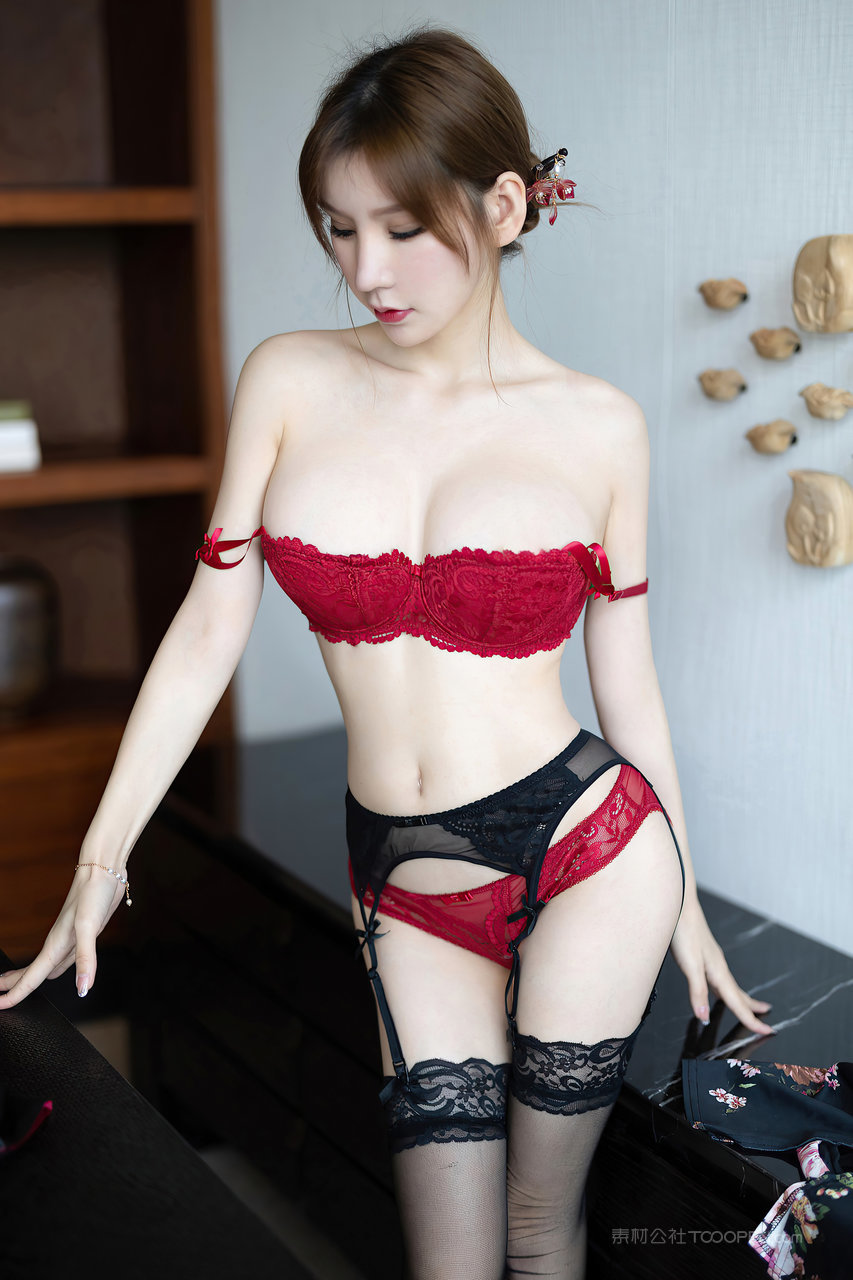
忆扬州
Recalling Yangzhou
徐凝
Xu Ning
萧娘脸薄难胜泪,桃叶眉尖易觉愁。
Xiao Niang's thin face is difficult to overcome tears, and peach leaf eyebrows are easy to feel sad.
天下三分明月夜,二分无赖是扬州。
One third of the world is bright moon night, and two of the scoundrels are Yangzhou.
萧娘,是南朝以来诗词中所常用的一个人物名字,特指男子所恋的女子(女子所恋的男子则称萧郎)。桃叶,本是晋代王献之的爱妾之名,后泛指男子所思念的佳人。此乃写萧娘多愁善感之态及与情郎离别时的伤悲之情。前句不直说萧娘离别情郎时哭得很厉害,流了很多泪,而说她是“脸薄难胜泪”;后句不直说桃叶与情郎离别满面忧伤之容,而说她是“眉长易觉愁”。两句皆是写男女“相见时难别也难”的离愁别绪,却侧笔写来,让人有回味无穷的美感。“羞”而“笑”,则突出表现了其天真可爱的形象。
Xiao Niang is a character name commonly used in poetry since the Southern Dynasty, especially the woman loved by men (the man loved by women is called Xiao Lang). Peach leaf was originally the name of Wang Xianzhi's concubine in the Jin Dynasty. Later, it generally refers to the beauty that men miss. This is about Xiao Niang's sentimental state and her sad feelings when she left her lover. The previous sentence does not say that Xiao Niang cried badly and shed a lot of tears when she left her lover, but that she was "a thin face is better than tears"; The latter sentence does not directly say that peach leaf and her lover leave with a sad face, but that she is "a long eyebrow is easy to feel sad". Both sentences are about the sad parting of men and women who "it's difficult to separate when meeting", but they are written in sidewriting, which gives people an endless aftertaste of beauty“ "Shame" and "laughter" highlight its naive and lovely image.

陌上桑(节选)
Moshang sang (excerpt)
汉·乐府古辞
Han Yuefu ancient Ci
行者见罗敷,下担捋髭须;
When the walker saw Luo Fu, he stroked his moustache under his arm;
少年见罗敷,脱帽著緋头;
When the young man saw Luo Fu, he took off his hat and wore Fei's head;
耕者忘其耕,锄者忘其锄,
The tiller forgets his ploughing, the hoe forgets his hoe,
来归相怨怒,但坐观罗敷。
Come and go, but sit back and watch Luo Fu.
走路之人见罗敷,放下担子拈胡须;英俊少年见罗敷,脱下帽子显风流;耕田农夫见罗敷,忘记所要耕的田;锄地农夫见罗敷,忘记锄地的活计。回家后相互抱怨,只因光顾坐着看罗敷而忘了干活。此写罗敷之美,不从正面着笔,而是以间接笔法,通过行路人歇担捋须、少年人脱帽整理头巾、耕者锄者忘其劳作、回家后互相抱怨的细节描写,极写罗敷之美,给人以无限想象的空间。
When a walker sees Luofu, he puts down his burden and twists his beard; When the handsome boy saw Luo Fu, he took off his hat to show his style; When the farmer sees Luo Fu, he forgets the field he wants to plough; When the farmer saw Luo Fu, he forgot to hoe. After returning home, they complained to each other and forgot to work because they sat watching Luofu. The beauty of Luofu is not written from the front, but in an indirect way. Through the detailed description of passers-by resting their beards and stroking their beards, young people taking off their hats and tidying up their headscarves, tillers and hoers forgetting their work and complaining to each other after returning home, the beauty of Luofu is extremely written, giving people unlimited imagination.
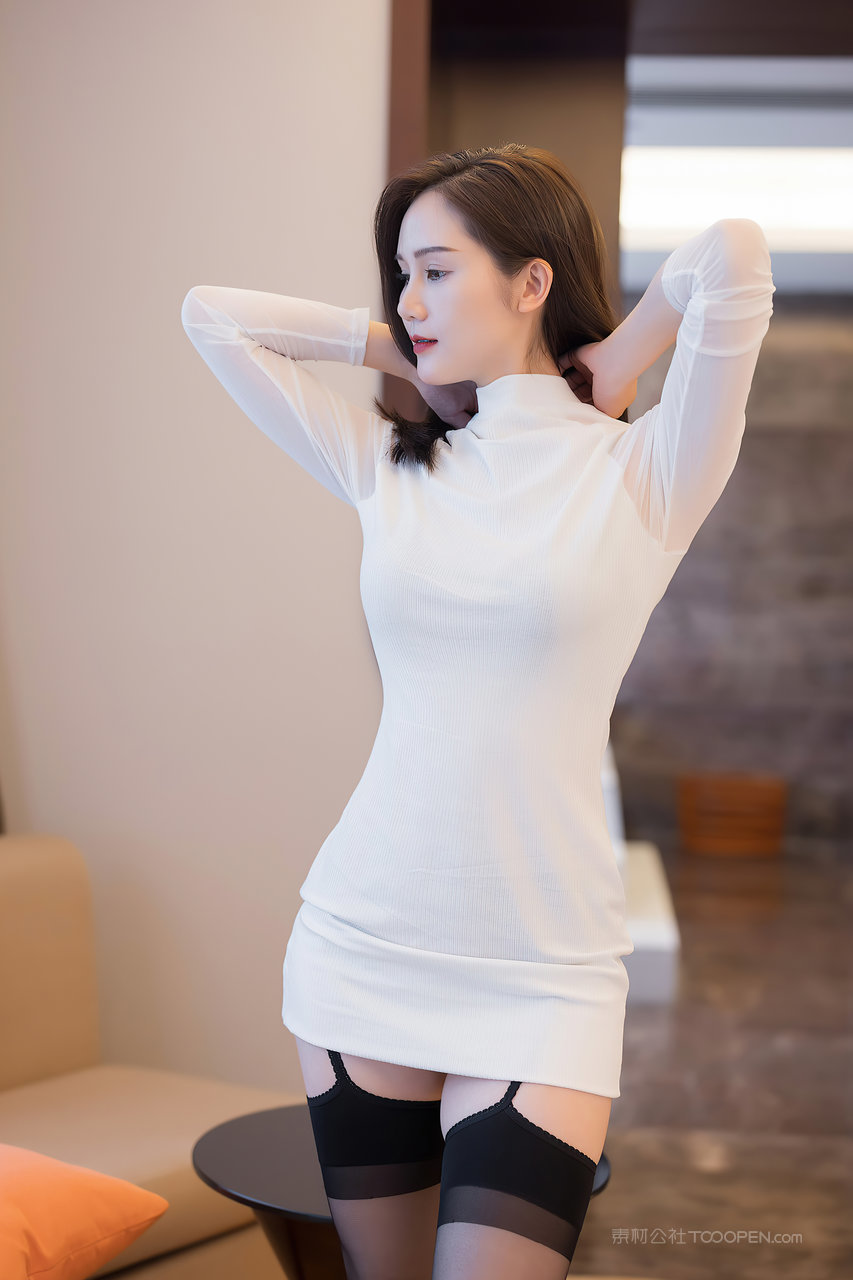
精彩回顾
Wonderful review
从古诗文中品味现代美女的神韵美一一第四期 (点击欣赏)
Taste the charm and beauty of modern beauty from ancient poetry and Prose -- Issue 4 (click to enjoy)
古诗词中的十大美女穿越到现代会是什么样 (点击欣赏)
What will the top ten beauties in ancient poetry look like when they travel to modern times (click to enjoy)
从古诗词中走出来的现代美人(点击欣赏)
Modern beauty from ancient poetry (click to enjoy)
从古诗词中寻找现代美女的影子(点击欣赏)
Looking for the shadow of modern beauty from ancient poetry (click to enjoy)


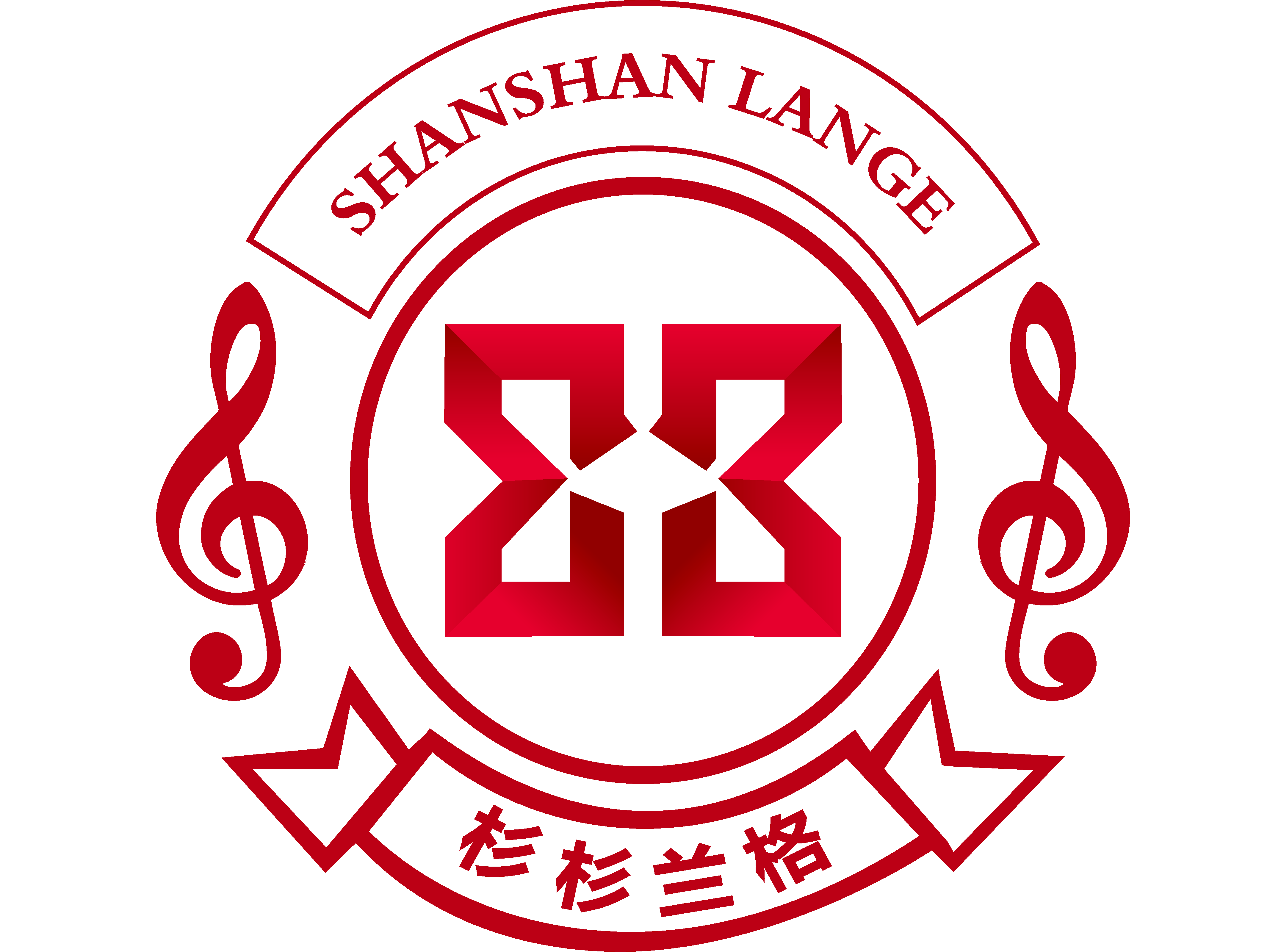




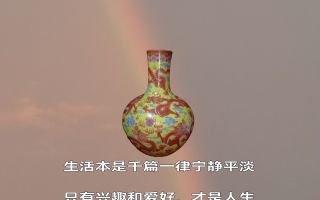
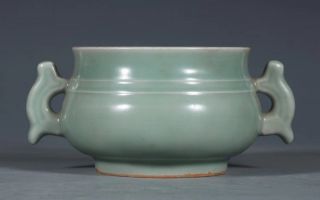

0 条 评 论 Write a Response